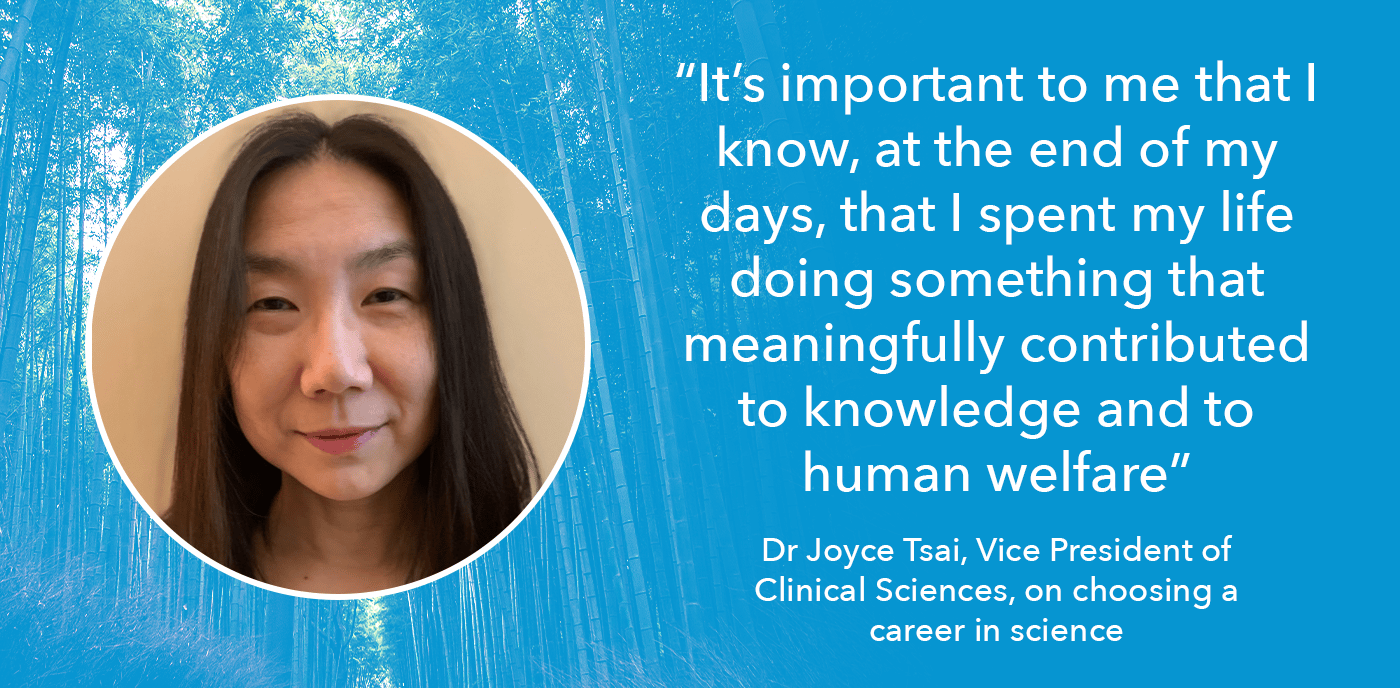Women and girls play a critical role in medical science. At Compass, it’s important to us to do everything we can to build a more diverse generation of scientists, and to continue supporting diversity and equity to help to improve mental health care. To celebrate the International Day of Women and Girls in Science on Saturday 11th February, we’re proud to showcase a few of the brilliant female scientists on our team, sharing their career highlights and the advice they’d give to other women.
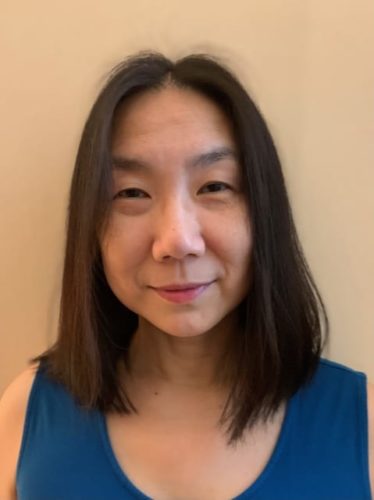
What attracted you to a career in science?
To me, being a scientist is very much about having a worldview in which the wonder and mysteries of the natural world can be broken down and understood via the application of creativity, careful thought, and empirical testing—The Scientific Method. As a young child, I asked “why” and “how”. It was a powerful revelation to me that there are actual, testable reasons that explain why the sky is blue, how water turns to ice, why some people have brown instead of blue eyes and how that is determined, to name a few examples. Ever since then, I have loved science.
As for choosing a career in science: it’s important to me that I know, at the end of my days, that I spent most of my waking hours during adult life doing something that meaningfully contributed to knowledge and to human welfare. What I have found so satisfying about clinical drug development research, in particular, is that we get to ask big important questions, test hypotheses, and have the real possibility of seeing an outcome from our work in a relatively short time!
Who inspires you?
Marie Curie, Barbara McClintock. Great scientists who made towering contributions, during a time when it was difficult to be both a scientist and a woman. They paved the way for us to have it much easier today.
What’s one highlight from your career so far?
One of the things I’m most proud of is having started a novel internship programme in clinical research during my very first pharma job. I proposed the programme, then selected and mentored outstanding junior colleagues who all have highly successful careers today. It’s such a privilege to identify talent and nurture it in others, something that is an ongoing highlight of my job at Compass.
What advice would you give to other women or girls who are interested in pursuing a career in science?
- Have a clear direction, led by what you love, but not too rigid a plan. Be flexible to take unanticipated opportunities and career “detours” that lead to exciting new possibilities or that help you grow
- Make sure to do what is emotionally satisfying, not just what is intellectually stimulating
- The workplace culture and your colleagues are going to be more important to your happiness than anything else, so pay attention to those things, and
- Listen to your gut on all the above, not just your head
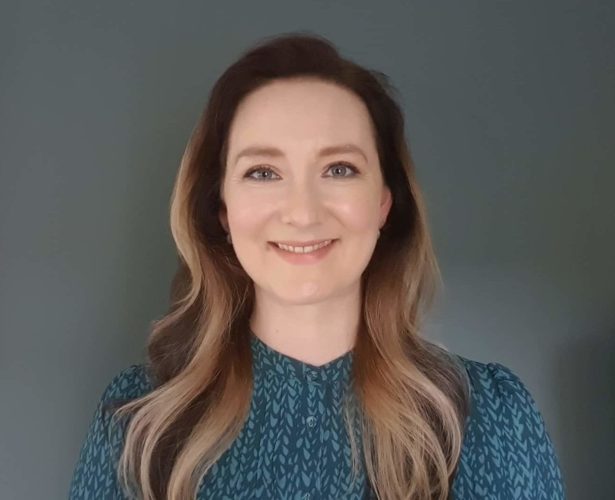
What attracted you to a career in science?
I didn’t grow up with a particular career in mind, but fortunately I’ve had the freedom to pursue my interests and follow my curiosity. Initially I found biology and in particular genetics fascinating at school, which led me along quite a winding path – getting a little lost at times! – following what I found interesting and enjoyed learning about. An appreciation of the natural world and what we can learn from a medical perspective has been an enduring theme for me.
Who inspires you?
There really are so many inspirational women working currently and in recent decades in STEM. I’d choose Carolyn Greider and Elizabeth Blackburn for their pioneering research on telomerase, and further back Barbara McClintock and her work on transposons. And outside of science, Michelle Obama. More so since becoming a parent myself, many of her honest anecdotes resonate with me and she seems to be someone who has stayed true to her own values and used her position on the global stage to promote girls’ education.
What’s one highlight from your career so far?
Attending and presenting at an investigator meeting for a clinical trial in a particular indication that I was working on with no approved pharmacological therapy. Being amongst specialists with such clear passion for their patients and a drive to be involved in research which could be of real benefit to quality of life made me realise why I work in the areas that I do. Working in areas of high unmet medical need has become a passion of mine, where we can work to open doors for people who didn’t know these doors existed.
What advice would you give to other women or girls who are interested in pursuing a career in science?
Follow your interests and explore different avenues, and keep questioning the status quo. The best recipe for a successful career is to do something that you’re passionate about, as in science it’s usually the quest for an answer that drives research forward. If you have the curiosity and tenacity to pursue that goal then even if you don’t succeed in that endeavour (which may often be the case and that’s OK!), you’ll enjoy the process.
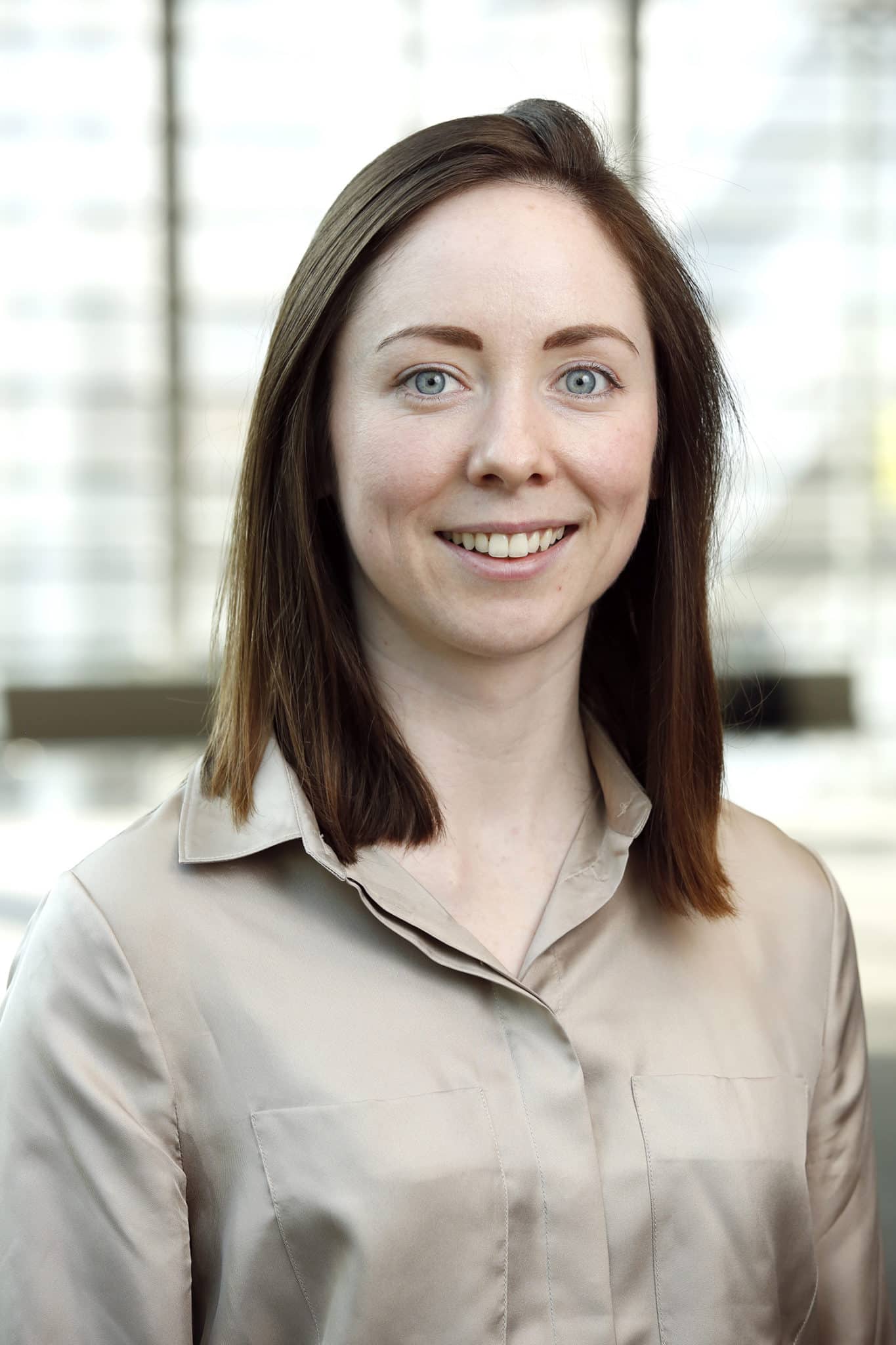
What attracted you to a career in science?
What really drew me to science was that I love mathematics and I’m fascinated by the human body. I’m particularly fascinated by neuroscience, as there’s so much still to explore. And I just love the scientific method and how humbling it is: even when you have a well-informed hypothesis, 90% of the time you’ll be wrong!
Who or what inspires you?
I’m inspired by people who take the time to do things properly. It means having faith in the process, going against your ego, and recognising the degree of hard work that goes into achieving a goal.
What’s one highlight from your career so far?
One highlight is that I recently went to Frankfurt to speak at an ECNP Experimental Medicine meeting, talking about biomarkers in relation to relapse. I was so honoured to represent Compass in that way, and it was great to have the opportunity to connect with people from academia and industry.
What advice would you give to other women or girls who are interested in a career in science?
Don’t be intimidated by the male-dominated environment – go and do it. Unfortunately, you might still encounter some sexism along the way, but you just have to remember that you’re serving as an inspiration to other women. And always be yourself: wear the dress or the heels, if that’s who you are!
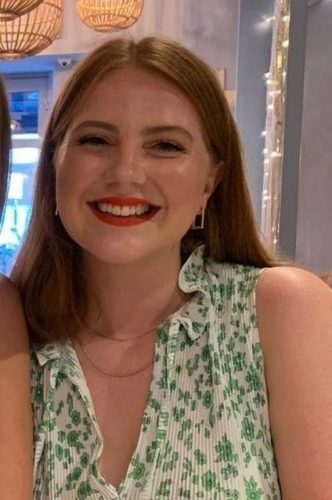
What attracted you to a career in science?
I have always had a fascination with the world, how things work and with how humans work. I was particularly drawn to neuroscience as a relatively unexplored field and within that, found a passion for mental health. Working for Compass allows me to combine that passion with my scientific knowledge. I love constantly being challenged and being able to expand my skillset, as we all work towards a shared goal of improving care for those with mental illnesses.
Who inspires you?
I have been lucky enough to have been taught by some incredibly inspiring women throughout my life. At school I had teachers who would not only make science lessons exciting, but also provided opportunities to further my learning and never made it feel as if a career in science was out of reach. At university I had the opportunity to work in world-renowned laboratories under leading investigators, and now at Compass I am inspired daily by the incredible female leaders in my team.
What advice would you give to other women or girls who are interested in pursuing a career in science?
My advice would be to never give up. Having personally experienced a few difficulties and rejections along the way, I know that it can be easy to feel like perhaps this is just not the area for you. You just need to keep going and remember that there is a place for you in this often male-dominated industry.

